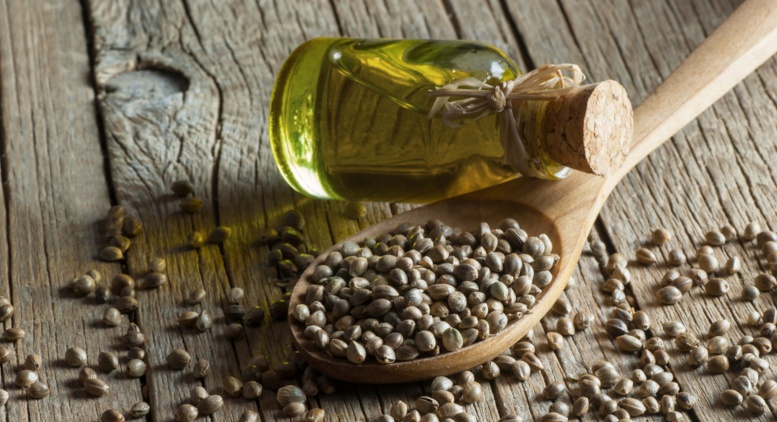The European Commission has for the first time established acceptable amounts of THC for marketable hemp foods, but the move comes up short of limits long-sought by stakeholders.
Under the two-tier changes, endorsed by the Commission’s Standing Committee on Plants, Animals, Food and Feed, delta-9 THC levels for hempseed-derived oil are to be set at 7.5mg/kg, while the THC level for dry hemp foods such as hulled and dehulled hemp seeds, flour and protein powder will be 3.0mg/kg.
How Europe compares
The European Industrial Hemp Association had called for raising the delta-9 THC limit for all hemp foods to 10mg/kg, backed by several studies on the issue, since 2017. That would have put Europe on an equal footing with producers in Canada, where a 10mg/kg limit applies to both oil and dry foods; Australia and New Zealand have a 10mg/kg limit for oils and a 5mg/kg limit for dry foods; non-EU member Switzerland sets the limits for oils and dry foods at 20mg/kg and 10mg/kg, respectively.
EIHA said in a statement that it had “endorsed and supported” the EU Commission’s lower proposals on maximum levels for THC in food under the condition they included a “clear and official regulation” on “measurement uncertainty” – parameters related to deviations inherent in laboratory testing which can increase the de facto threshold.
But that regulation was not forthcoming.
Laboratories doing analysis for official controls must comply with rules on how to determine “measurement uncertainty” – which can range from 40 to 50% – and are obliged to include those levels in their reports.
What’s marketable
Despite the EC’s refusal to officially state the uncertainty values, “hemp foodstuffs mentioned containing between 4.2–4.5 mg/kg for dry products and between 10.50–11.25 mg/kg for oil will be marketable,” EIHA said in the statement.
“The legislation clearly states that a product is non-compliant only if it is beyond reasonable doubt above the maximum level plus the corresponding measurement uncertainty,” EIHA noted, adding “the evaluation of the (lab) test results must be carried out by adding the corresponding measurement uncertainty in order to verify the marketability of the respective product.”
However, absent a specific declaration on the lab measurement values, producers “must constantly explain and defend the measurement uncertainty to the authorities,” EIHA said. “This continues to lead to ambiguity and uncertainty in the market,” according to the Association.
End of uncertainty
Despite not specifically addressing the measurement uncertainty in the new rules, establishing the THC standards nonetheless “finally puts an end to the internal market fragmentation and will most likely give a further boost to the investment in the sector,” EIHA said.
Inconsistencies among the EU’s 27 member states have made trade difficult and sometimes blocked it altogether, EIHA has noted. “These EU-wide maximum levels will greatly help our members and all food business operators wishing to work with hemp seed-derived products,” said EIHA President Daniel Kruse.
The new values will be applicable and mandatory for all EU member states 20 days following the publication of the regulation and its annexes in the EU’s Official Journal.
Stakeholders will have time to prepare for the new rules, and be able to sell their existing stock during a transitional period before the maximum levels come into force.

